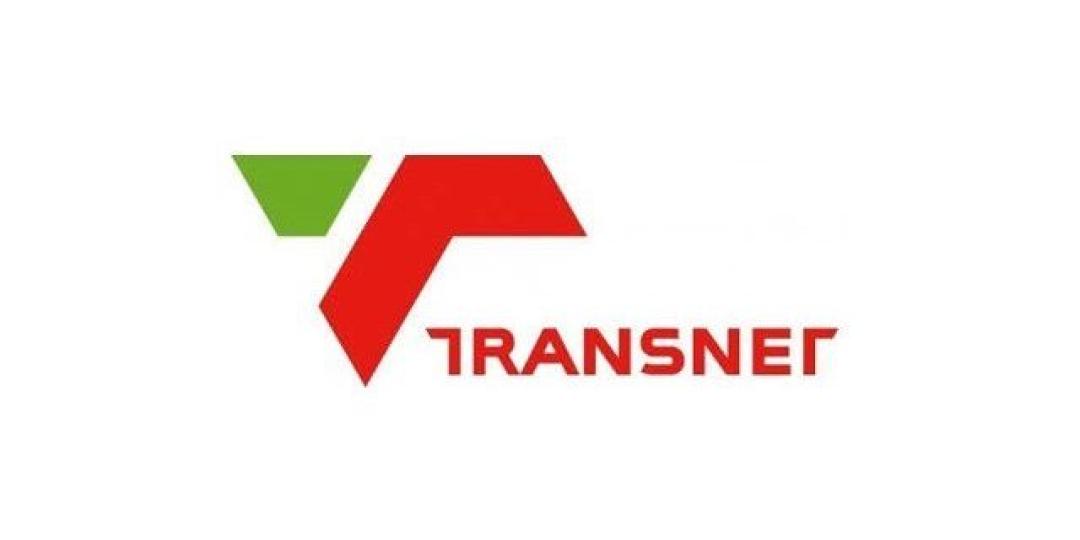At first glance it appears logical that in any situation where there is a large demand for a finite service, whether it be at the local doctor’s surgery or at a busy container terminal, that some kind of appointment or booking system is essential to ensure minimal waiting time and higher productivity for both service supplier and user.
Why is it then that while Transnet Port Terminals (TPT) indicates considerable satisfaction with the booking system, trucking companies are angry and frustrated with the project?
For years truck congestion along access roads to the Durban Container Terminal, Bayhead Road in particular, had become a regular occurrence that impacted not only on all businesses in the South Durban precinct but often backed up onto the city’s streets.
Ultimately, pressure on Transnet from the city and local business forced a decision to somehow restrict access to the terminal or at least ensure that trucks arrived in a more controlled manner. From TPT’s point of view a truck booking system was the only answer. Though this has meant that access roads have seen less congestion, at least as far as container traffic is concerned, from the trucker’s point of view it has meant that their yards have become staging areas with revenue earning time reduced.
There are a number of requirements that need to be in place for a truck booking system to be a success.
Terminal productivity on the landside must consistently service vehicles within the time parameters that the system itself requires.
If available import booking slots at a berth are 25 per hour and the berth can only manage to service 20 or less then the result is bound to be trucks backing up both in the staging areas and outside - with some missing appointment times.
Another essential requirement is that trucks are consistently able to arrive on time. In large port cities around the world this presents difficulties when peak hour traffic or accidents etc. cause traffic delays. Durban is no exception where it is common for some sort of traffic issue in or near the city to cause lengthy delays. The entire Durban port precinct is especially vulnerable to such occurrences, with recent examples being high traffic volumes servicing the non-container facilities at Island View and Maydon Wharf experiencing bulk trucks completely blocking the area.
There has to be an element of flexibility in any booking system. To be turned away and told to re-book when arriving 30 minutes late for an appointment is unacceptable when the delay was clearly beyond the driver’s control.
It can be the case that where for some reason terminal service has slowed or stopped and truck numbers awaiting service build up, slots for re-booking may only be available the following day.
Harbour carriers believe that the booking system was designed solely to address terminal issues, not those of all participants in the container supply chain. Though it may to some extent have addressed congestion problems along access roads, it has done so at the cost of trucking companies who are experiencing considerable down time and revenue short falls.
With TPT planning to roll out booking systems port and country wide, it is essential that a review of the process takes place and more flexibility is built in.
In areas where no external truck staging facility is available then implementation of booking systems should be delayed until such time as sufficient holding capacity is available.







